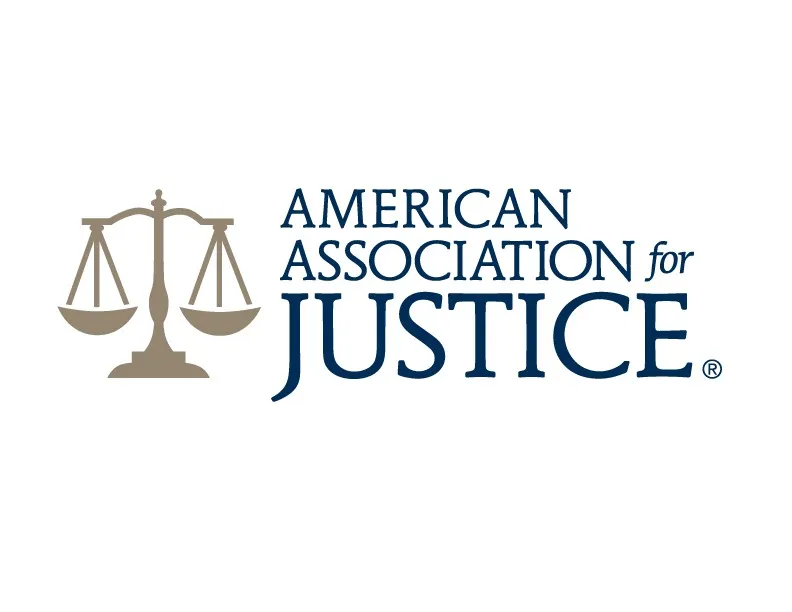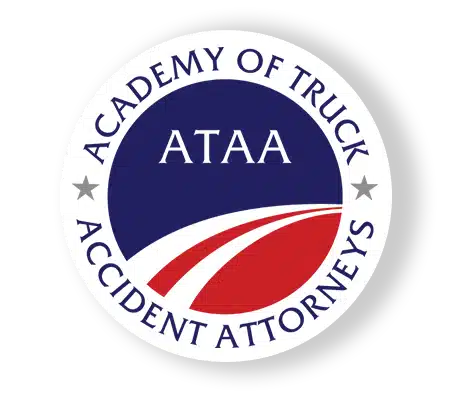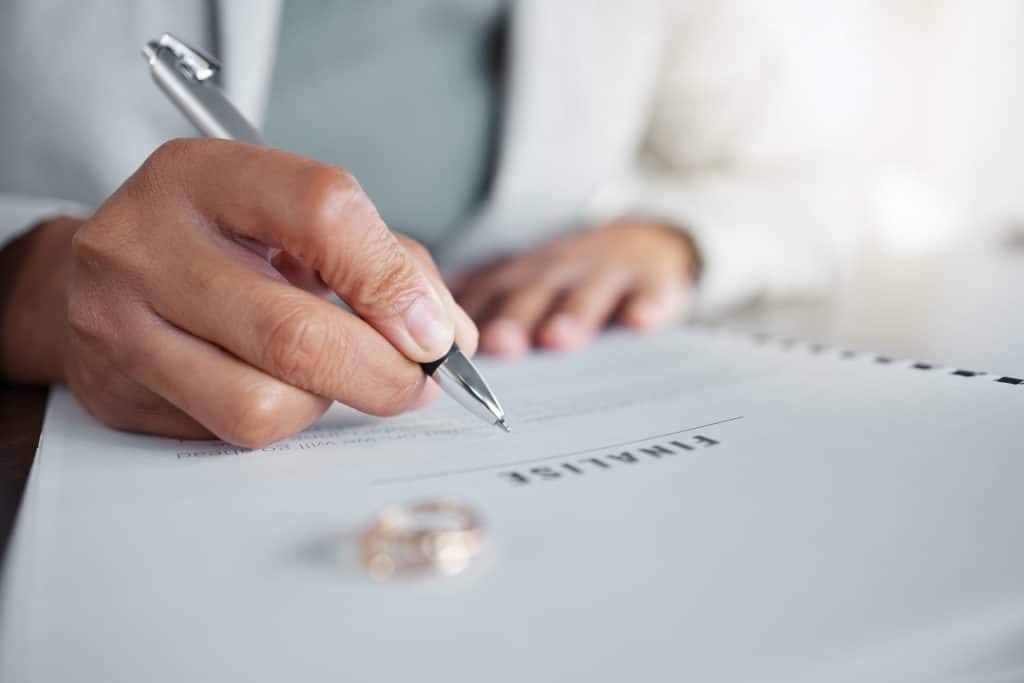Can You File an Insurance Claim or Lawsuit if You Do Not Have a Police Report?
If you have been in a car accident, your insurance company will likely require you to inform them of your accident within a specific time frame, but in most cases, a police report is not necessary to file a claim. Similarly, lawsuits must be filed within the state’s statute of limitations, but a police report is not a prerequisite for filing.
That being said, it can take much longer to resolve claims that do not have a report, and you may face more challenges in recovering full compensation for your losses. An experienced Texas car accident attorney can explain the value and limitations of a police report and your legal options if you do not have one following a crash.
When Must You Contact the Police About a Crash?
In many states, minor car accidents do not have to be reported to the local authorities. However, each state has its own laws regarding when you must file a report, so it is important to know the local guidelines to avoid any potential legal issues. In Texas, a crash generally must be reported if it results in one of the following:
- Property damage to a vehicle that impacts the ability to drive vehicle safely and normally
- Injury to a person
- A fatality

If you do not report an accident that meets one or more of these criteria, you could face charges that may result in hefty fines or jail time. Even if you are not required by law to file a police report, you can still voluntarily choose to contact the police about an accident of any severity. But be aware that they may not dispatch an officer to document a minor incident. In this case, you can fill out a crash report form to ensure that there is a record of the details of your accident. You have ten days to file a crash report, but completing it as soon as possible while the circumstances of the accident are fresh in your mind is usually best.
What Are the Risks of Not Filing a Police Report?
The time following an accident can be chaotic. Your judgment will likely be clouded, and you may be experiencing shock due to what just occurred. Many car accident injuries, including traumatic brain injuries (TBIs) and whiplash, are not immediately evident to victims. At this time, you may believe that the crash was minor and decide not to call the police. However, you run the risk of realizing later that you require expensive medical treatment. In another common scenario, your mechanic may uncover extensive vehicle damage that was not obvious at the time of the accident.
Unfortunately, the accident scene no longer exists at this point, and law enforcement cannot investigate the crash and make a police report. Without their report, proving what occurred and recovering damages from the responsible party can be much more challenging. You will then need to rely on your documentation of the accident to support your claims, but if the other side refutes your claims, it may come down to your word against theirs.

The police report is useful because it documents key facts about the incident and the officer’s opinions on what occurred and who may have been at fault. While it can be used to back up your claims during settlement negotiations, keep in mind that the report might not be admissible if your lawsuit goes to trial. This is due to the fact that police reports are considered third-party accounts under the law because the police officer was usually not a first-hand witness to the accident, and their assignment of liability is based on their opinion.
How Can You Support Your Version of Events Without a Police Report?
Even if you do not have a police report, your car accident attorney still has many ways to validate your version of events. The following are typical methods used to demonstrate civil liability in a crash without a police report:
Photographic and Video Evidence
Following any car accident, even when the police are on the scene, it is crucial to thoroughly document the accident site and your injuries. The photos and videos you take after the crash can provide vital information about what happened.
If you cannot safely photograph the accident scene due to injury, get a trusted friend, family member, or witness to do it for you. Your lawyer will also attempt to recover video from nearby surveillance or traffic cameras that may show the crash.
Eyewitness Accounts
Try to get names and contact info from anyone who witnessed the accident or stopped to help. Their testimony can help corroborate your claims. While eyewitnesses may not always be 100% reliable, it can be compelling if several people are relaying the same basic story.
Medical Records
Insurance companies may try to argue that your injuries were pre-existing or were not caused by the accident to avoid paying compensation.

To protect yourself, you should always get a prompt medical examination after any car accident, even a minor one. This action ties your injuries to the crash and creates a record of treatment.
Accident Recreations
Professional accident recreationists can use witness statements, accident scene photos, vehicle damage, and other information to determine how an accident occurred. These experts can apply their knowledge to your case and present their findings to the court.
How Can a Car Accident Lawyer Help You?
The absence of a police report does not entirely derail your insurance claim or personal injury lawsuit. However, if you are seeking compensation without the support a police report provides, it is vital to seek strong legal representation to give yourself the best possible chance at a full recovery. Contact the Law Offices of S. Dylan Pearcy today for a free consultation with a knowledgeable car accident attorney: 210-686-4878.

















